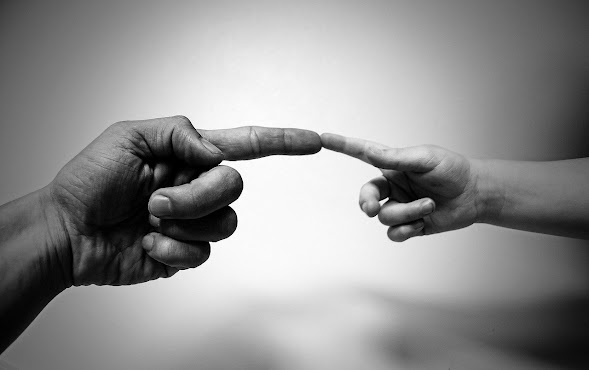5 Benefits of Christian Therapy in New Zealand - Soulcare Prayer
Christian therapy is a type of mental
health counselling that incorporates spiritual aspects. Many persons seeking
mental health treatment find that including their faith in their personal
growth and emotional work both inside and outside of therapy can aid their
success. Many Christian therapists are qualified to diagnose and treat mental
disorders. When you're dealing with difficult life events like the death of a
loved one or pet, the loss of a job, poor health, financial difficulties,
and/or relationship troubles, a strong and resilient religion may be exactly
what you need.
Christian
counselling’s ultimate purpose is to assist Christians in identifying habits
that are contrary to God's teachings so that they might become more accepting
of God's will - even when it is not their will. The bible, according to
Christian counsellors, is the ultimate guide for how individuals,
particularly Christians, should think and behave. To put it another way, they
regard this holy book as the only source of truth.
When you have problems or challenges that
you can't overcome on your own, Christian counselling is one of the greatest
and most proven strategies to improve your life. Finding the underlying reasons
of those issues and addressing them in constructive, healthy ways may make a
huge difference in how you view things, as well as how you resolve or cope with
them. All of this with a Christian counsellor who conducts therapy in a
biblically-centred manner, ensuring that your faith is not in conflict.
Biblical accounts are at the heart of connection with God.
In his novel, Competent to Counsel, Jay E. Adams, the originator of the
Biblical Counseling Movement, presented this faith-based approach to addressing
mental health illnesses, relationship/adjustment issues, trauma, emotional
distress, abuse, and addiction. Because it deviated from the more prevalent
therapy approaches at the time, this approach was divisive. However, by the
late 1960s and 1970s, this new type of counselling had taken off, and it had
quickly become one of the most popular therapeutic alternatives for Christians
and those who wish to incorporate their faith into their therapy.
The Christian Counseling & Educational
Foundation was founded in 1968 to provide recommendations to current and future
Christian counsellors on how to properly handle persons seeking faith-based
counselling. It's crucial to remember that counsellors must not only obey the
Bible's fundamental principles and beliefs, but also the law, the DSM-V, and
the APA's guidelines and ethical rules (American Psychological Association).
Christian counselling incorporates a
number of counselling techniques, including cognitive-behavioural therapy (CBT).
One of the main differences between Christian counselling and some of the more
secular counselling approaches is that Christian counsellors use a variety of
materials, tools, resources, and psychological techniques to help you combat
your "demons," such as prayer, scripture, affirmation, bible study, and
self-auditing or self-evaluation.
Christian counsellors, in contrast to the
majority of secular counsellors and therapists, do not believe that secular
counselling procedures fully handle the breadth of concerns that a person may
be experiencing. As a result, these therapists blend your spiritual and mental
well-being. Christian counselling, in other words, focuses on your spiritual
health and personal relationship with God, as well as the concept that personal
problems, mental health concerns, and emotional suffering may be replaced with
enhanced self-worth and spiritual fulfilment through therapy.
Spirituality, it turns out, extends beyond
your religious convictions. In truth, it entails a deep connection to a Higher
Power, spiritual healing Auckland
as well as the recognition that something bigger and better than oneself
exists, and that this something is influencing and/or regulating what is going
on Earth. It's critical to realize that being spiritual does not require you to
be a member of a religious organization. In truth, you can be spiritual while
being agnostic, believing in a higher power but not necessarily God. Your
spirituality is defined by your faith, morals, values, and ideals.
For more info visit here - https://www.soulcareprayer.org/



Comments
Post a Comment